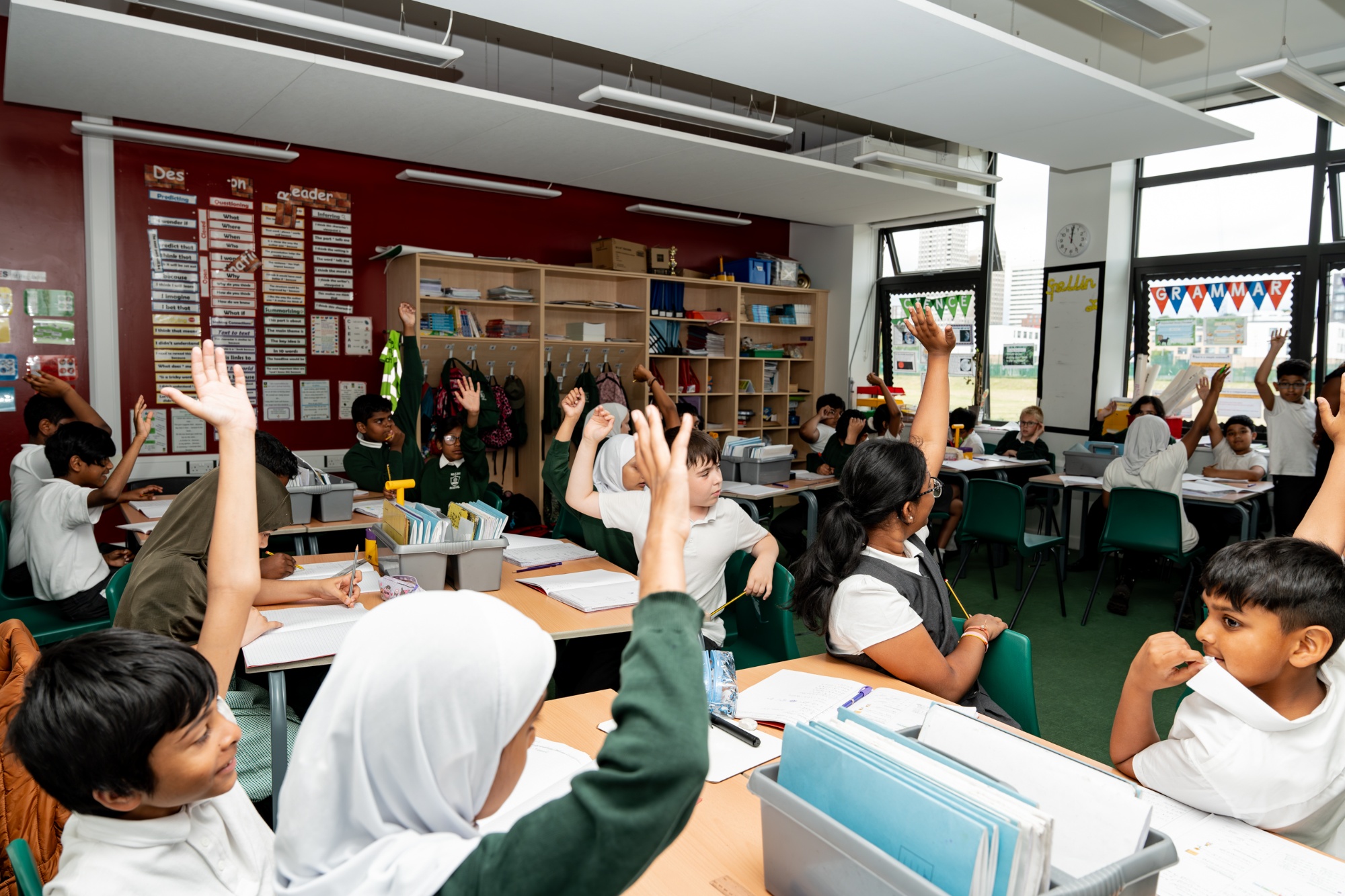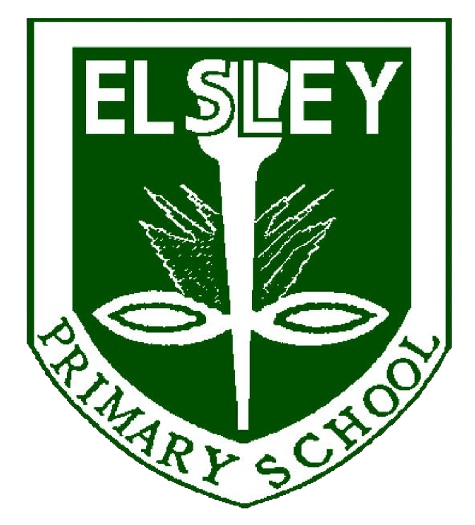History
At Elsley Primary School, we view History as essential to understanding the present and shaping the future. Our History curriculum brings the past to life, helping pupils connect with the people, events, and movements that have shaped our world. Through engaging lessons and activities, we encourage children to develop a sense of curiosity about the past, critical thinking skills, and an appreciation for different perspectives. We are proud of our History teaching, which not only informs but also inspires pupils to learn from the past and apply those lessons to their own lives.
"It's so interesting to learn about the past and find out how people and historical events have influenced life today"
Intent Statement
At Elsley Primary School, we aim to provide a History Curriculum that kindles an interest to enquire, understand and learn from the life of people and events of the past. Through their study of historical figures and events, we aim for our pupils to better understand how their world works and why it function in this way. Our history curriculum aims to provide pupils with a coherent knowledge and understanding of Britain’s past and how it has influenced and been influenced by other nations. We also desire that our pupils will gain knowledge and develop an understanding of the history of the wider world and in turn the importance of knowing their own histories. We aim to equip our pupils with the necessary knowledge, skills and understanding to effectively study historical figures and events as historians, and consider their impact on our lives today. We expect that our pupils will not just know about history, but as they grapple with the past and make connections through the use of a range of sources and from differing perspectives, they will find their own voices; share their opinions; ask questions and draw conclusions. At Elsley, we know the significant contributions that the teaching of History makes to Citizenship Education and expect that when our pupils learn about the past, this will influence the decisions they make in the future.
Our curriculum allows pupils to develop the following disciplinary skills within the domain of History:
- Historical enquiry
- Chronology
- Interpretation/s
- Significance (people/events/places)
- Change and continuity
- Cause and consequence
- Communicate as a historian
Implementation Statement
At Elsley, our History curriculum is taught in 3 blocks across the year in order for our pupils to achieve depth in their learning. Our curriculum has been carefully planned to enable pupil progression within and across each year group. Each unit of learning is taught through a big question and subsequent key questions for pupils to investigate in order to answer the big question. Pupils are taught contextualised, historical facts (substantive knowledge) which enables them to develop a sense of chronology and exposes the links and connections that can be made within and across time periods. In order to support our pupils to make sense of what they are learning, substantive knowledge is explored alongside key concepts that create schemas for historical knowledge such as power, democracy and empire. Our pupils are explicitly taught about how historians examine the past (disciplinary skills) fostering a climate for questioning as they consider why certain actions or events took place (causation), why it might be considered as important (significance) and discern how and why differing perspectives might exist about an event or person (interpretation). Thus, our history lessons are not just a narrative of the past but demonstrate the important process of how we make sense of knowledge, link ideas, draw conclusions, judge and interpret the past. Our history curriculum is enriched by, but not limited to: trips, workshops and visitors as well as whole school initiatives.
Impact Statement
We take a collaborative approach to the evaluation of the impact of our curriculum, where this process is not ‘done to’ our staff, but ‘with them’. In order to judge how successful our curriculum has been designed to promote the learning of the History National Curriculum, pupil outcomes are evaluated against our skills and knowledge progression map, teacher assessment for learning and pupil voice. These enable us to capture what pupils know, apply and understand about what they have been taught. We also evaluate our History curriculum and practices against evidence-based education research, leading subject associations and welcome cross-school collaboration to ensure that our curriculum design successfully meets and challenges our pupils.
We aim for our pupils to:
- Develop an understanding of the methods and skills of Historical enquiry at an age-appropriate level.
- Know and understand the history of the British islands as a coherent, chronological narrative, from the earliest times to the present day: how people’s lives have shaped this nation and how Britain has influenced and been influenced by the wider world.
- Know and understand significant aspects of the history of the wider world: the nature of ancient civilisations; the expansion and dissolution of empires; characteristic features of past non-European societies; achievements and follies of mankind.
- Gain and deploy a historically grounded understanding of abstract terms such as ‘empire’, ‘civilisation’, ‘parliament’ and ‘peasantry’.
- Understand historical concepts such as continuity and change, cause and consequence, similarity, difference and significance, and use them to make connections, draw contrasts, analyse trends, frame historically-valid questions and create their own structured accounts, including written narratives and analyses.
- Understand the methods of historical enquiry, including how evidence is used rigorously to make historical claims, and discern how and why contrasting arguments and interpretations of the past have been constructed.
- Gain historical perspective by placing their growing knowledge into different contexts, understanding the connections between local, regional, national and international history; between cultural, economic, military, political, religious and social history; and between short- and long-term timescales.
- Develop the ability to agree and/or disagree with dignity and humility.
- Be able to communicate as Historians using age-appropriate disciplinary vocabulary.
- Find their own voices; sharing opinions, questions and drawing conclusions.
- Value both collaborative and independent aspects of the learning process.
- Be resilient, collaborative and flexible learners.
- Be curious, motivated and eager to know more.
- Enjoy their History learning.
- Appreciate the purpose that History plays in everyday life and careers.


